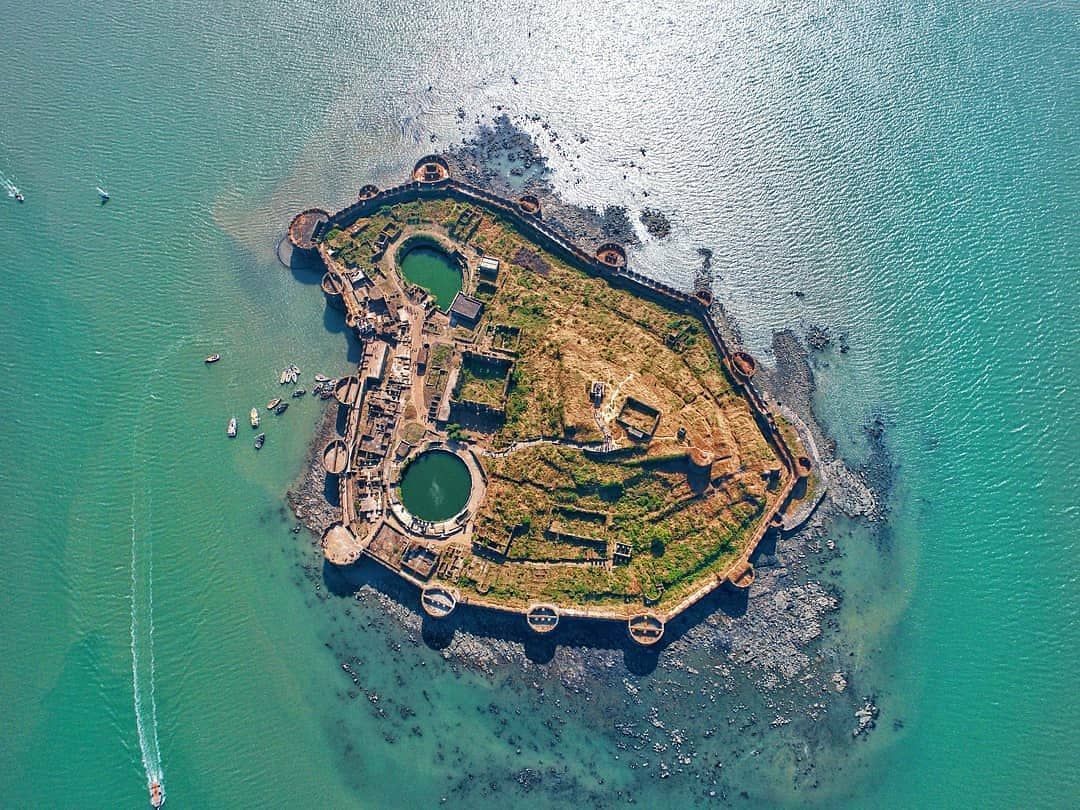SCCN Blogs
The campus of IIT Guwahati: Forts of Sustainability
Message on the birth anniversary of Chhatrapati Shivaji (Maharaj)
On 19th February 2024, I was at the Indian Institute of Technology Guwahati, located in the Indian state of Assam. Assam is in the Eastern Region of India known as the 'State of Rising Sun'. I was there on the IIT campus for the 'Regional Workshop of the National Movement of Net-Zero University Campus to be held the next day, on 20th February.
During the preparatory meeting in the Dean's office, I met a bright and dynamic final-year student Piyush Gulve, who hailed from the western state of India -Maharashtra. He informed me passingly that the birth anniversary of the Maratha King, Chhatrapati Shivaji (Maharaj) would be celebrated on the campus. I was surprised and excited because Chhatrapati Shivaji, the King from Western India never visited the Eastern state of Assam but now the birth anniversary of this 'Rising Sun of Swaraj (self-governance)' is being celebrated in the 'land of rising Sun'!
Indeed Shivaji Maharaj was a visionary king, fearless combatant and the leader of good governance. 'His life inspires the generations', as PM Modi said in his Twitter message on the occasion.
Many do not know however that Shivaji Maharaj was also the protector of the environment!
I visited the IIT auditorium and while paying the tributes to the governance, vision and will-power of Chhatrapati Shivaji Maharaj I recalled what I studied a few years back about his passion, not known to many, for sustainable development, nature protection and people's well-being. Four centuries back, this King mainly known for his fight against the foreign power of the Mughal empire through gorilla warfare, had also farsighted thoughts about environmental protection and its connection with people's wellbeing.
Shivaji Maharaj built his kingdom around hill forts in the Western Mountains (Ghat) of India. These forts not only represent military architecture and guerrilla defence techniques but also the concept of living with nature, the potential to survive in adversity, and adapting to changing circumstances.
It is true that Chhatrapati Shivaji identified in these forts unique defensive instruments against the enemy, but I feel that he considered the forts as models for the sustainable development of the local communities. He wanted the forts as an integral part of the habitat of his people.
His 'bakhar' (the papers written at that time) depicts his thoughts. His instructions in letters to his cabinet contain how to use and conserve the water on the forts and around. They also include the management of waste, not dumping from the fort down the hill and spoiling nature and dealing with it in the fort itself. He, according to me, was the proponent of the sustainable use of ecosystems for the well-being of the people.
He stated in his notes to his Prime Minister that the teakwood required for the army and navy for its armoury and boats must be cut only with the permission of the concerned authority. Other trees like mango and banyan though useful for the Navy, should not be disturbed as they are valuable treasures of the people.
The source of Environmental Impact Assessment before venturing into the new project was thought by Shivaji 400 years back! Todaus youth on the University campus have a lot to learn from Chhatrapati Shivaji's governance in his fort campus. END
When you subscribe to the blog, we will send you an e-mail when there are new updates on the site so you wouldn't miss them.





Comments